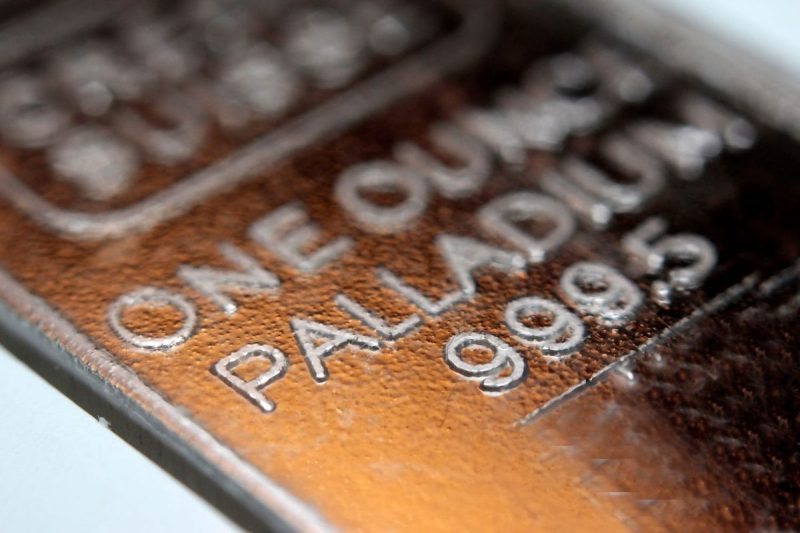Article Body:
Sanctions levied by the United States and other G7 nations are playing an influential role in the global economic landscape, particularly in the precious metals market. A prominent ramification of these sanctions has been a tangible surge in the value and demand of platinum group metals (PGMs), which include platinum, palladium, rhodium, ruthenium, iridium, and osmium.
Living up to the idiom ‘one man’s loss is another man’s gain,’ BRICS nations — a group consisting of Brazil, Russia, India, China, and South Africa — are eyeing opportunities to capitalize on these changes in trade flows. The five nations are directing their focus towards long-term trade alternatives, considering the evolving geo-political landscape that signifies more than just a temporary rift in traditional alliances and trade partnerships.
PGMs are integral components in a vast range of industrial applications. Their primary use is in catalytic converters, used widely in the automotive industry, which aids in reducing harmful emissions. They are also crucial in electronics, dental applications, and manufacturing. With the push for cleaner energy and greener technologies, the demand for PGMs anticipates a steady increase.
The sanctions by the G7 nations have led to significant disruptions in the supply chain, driving the prices and demand for these metals to new heights. Japan, part of the G7, has been particularly affected as one of the most significant consumers of PGMs, which make up a large portion of their auto industry. With the tightening of the global supply chain due to sanctions, Japan fears the potential risk of soaring prices and hopes for an ease in tensions to stabilize the market.
While the G7 nations are grappling with these challenges, the BRICS nations see an opportune time to nurture their alliances and exploit new trade alternatives. Particularly, the focus might be on Africa, which is rich in PGM resources. South Africa itself produced 75% of the world’s platinum and 38% of palladium in 2020. The BRICS nations’ collective drive to secure PGM resources could see a shift in global trade power in the coming years.
The sanctions are not without criticism, as some argue that these actions could fuel an already volatile economic landscape, leading to instability and price surges. Critics argue for a balanced approach in dealing with perceived transgressions, advocating for diplomatic solutions over economically punitive actions, to ensure global market stability.
In contrast, proponents of the sanctions argue that these actions are needed to reinforce international norms and are part of a broader strategy to push for changes in international behavior.
Regardless of the arguments on either side, the ground truth remains: the world stands at the precipice of change. If the BRICS nations skillfully navigate this changing economic landscape, they could reinvigorate their positions in the global market. As for the G7 nations, balancing their stance on sanctions and ensuring market stability will be a delicate dance, as the ramifications of their decisions extend beyond their borders.
The issue of PGMs and sanctions is more than a question of metals’ supply and demand. It draws attention to the interplay of economics, geo-politics, and environmentalism, highlighting the importance of each country’s role in the global market. It remains to be seen how the economies of the world adapt and thrive amid such ardent geopolitical flux.
